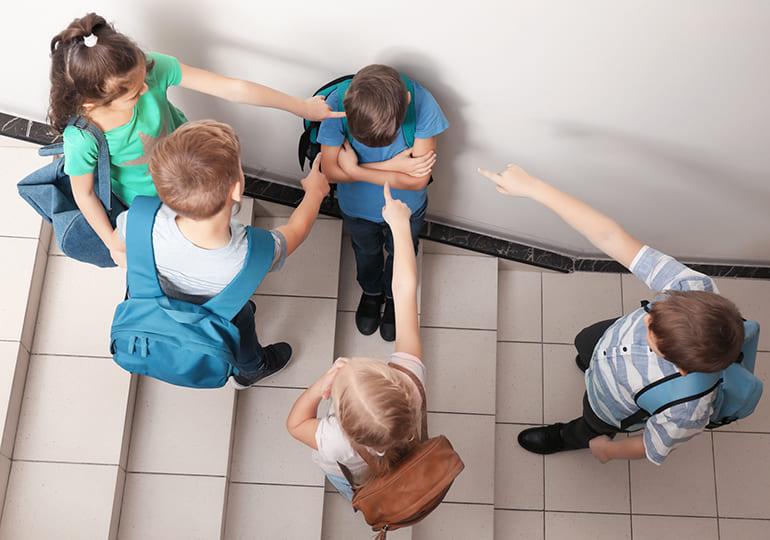
More and more often now we hear the word “bullying” on TV, tablets and computers. People are talking about it more often, and that’s a step towards solving the problem. If you want to learn more about the term, why it occurs, and how to deal with it, this article is for you.
As a child, many people may have experienced an innocent form of bullying: teasing. But when jokes cause psychological harm to the object of ridicule, it is no longer innocent. Bullying is the aggressive harassment of one or more team members by others. So at a time when people are fighting for tolerance and equality, why is there such bullying behavior? The reasons for bullying can be completely different, even though the cases are similar. Bullying can be the result of domestic violence, insecurity, being radically different from peers in appearance and other aspects, etc. One conclusion is that the victims are most often those who cannot stand up for themselves, showing the expected reaction to bullying. There are several types of bullying. Depending on the type, there are certain behaviors to deal with this problem.
- Social bullying is characterized by the fact that the victim is intentionally prevented from engaging in certain activities, even eating.
If your child has encountered this type of bullying, talk to him (preferably in the evening) about how his day was. Let him know that he is loved and that there are people who are willing to take care of him. Help your child find a hobby and a friendly group, so he doesn’t think the whole community will bully him.
- Verbal bullying manifests itself in insults and intimidation with violent words.
In this case, try to convey to the child that everyone deserves respect. Try to show it on your own example of how you treat your loved ones and acquaintances. Praise the child, strengthen him/her a sense of self-esteem and respect for himself/herself. Offer the child non-offensive phrases that he/she can use in response to insults from abusers.
- Physical bullying is violent physical abuse of a person.
If you think your child is being pushed, beaten, kicked, gently ask him or her about it. But not directly, but by veiling it routine questions about the past day at school, etc. Emphasize that the child can trust you, that you will protect him or her and be there for him or her. Document the violent behavior, and if it doesn’t stop, call the police.
- Cyberbullying manifests itself in the same insults and slander, only using the Internet and various devices.
You can try to keep your child from cyberbullying. To do this, you need to clearly stipulate the amount of time he can spend online. It is also worth making it clear right away that you would like to monitor your child’s “journey” online. And it is conditioned by the concern for his psychological health. Try to gain the child’s trust. And if the cyberbullying continues, go to the police with printouts of the evidence. Childhood is a time when your child’s psyche is just beginning to form. Therefore, it is extremely important to form a healthy relationship with your child and gain his or her trust.

























































Залишити відповідь